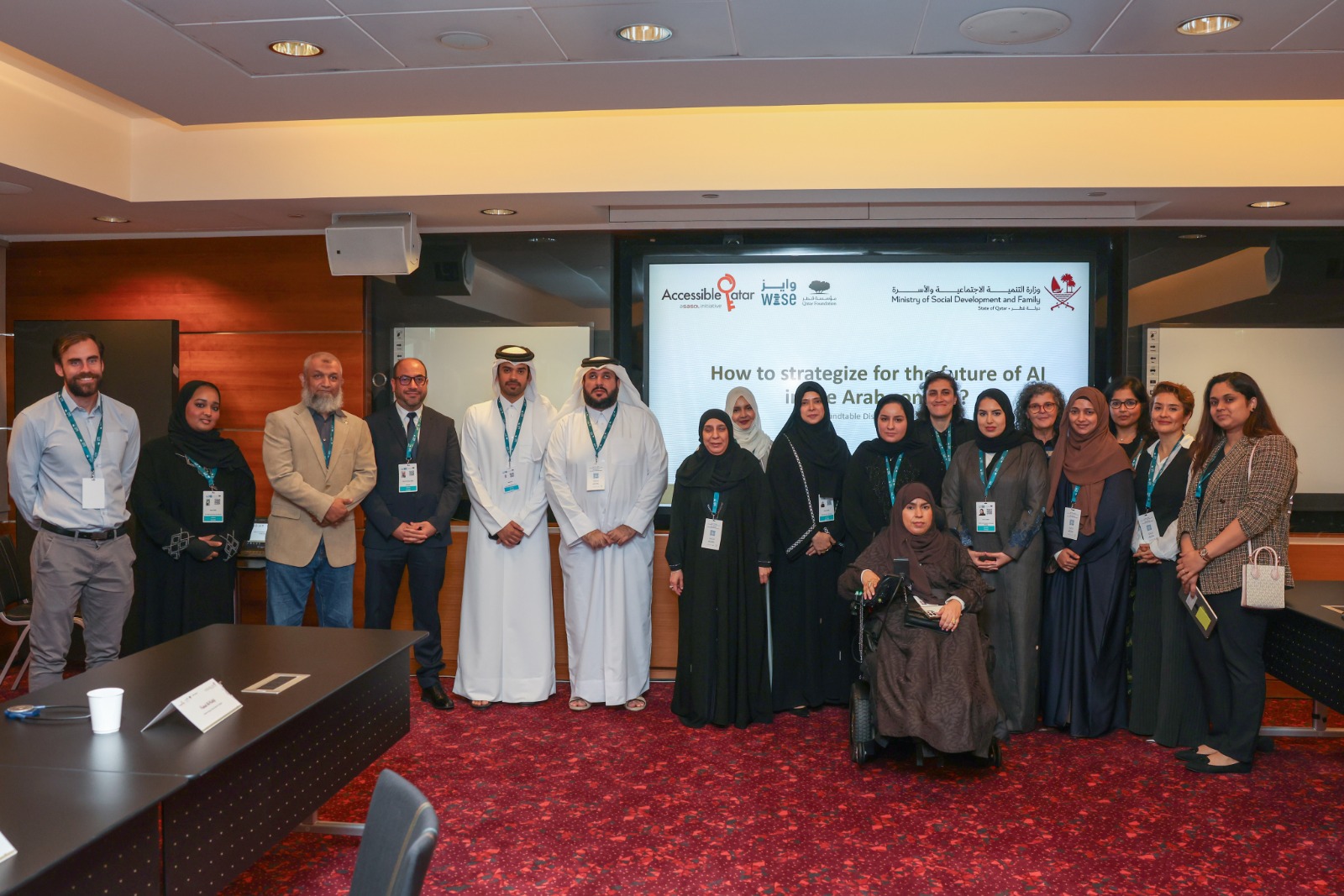
Social and Family Development takes part in the Educational Researchers' Round Tables organized by Qatar Foundation at the WISE Conference
The Ministry of Social Development and Family participated in the partners-led round table at the Horizons for Creativity Forum to Enhance Human Potential in the Age of Artificial Intelligence, hosted by Doha with global participation. The conference discussed a research series presented by the World Summit for Innovation in Education, WISE, in partnership with distinguished experts from around the world. and addresses pressing topics in the field of education to reflect Qatar's National Research Strategy priorities.
These recent and comprehensive reports highlight applicable guidance and policy recommendations for all parties involved in education. The Chairman of the Board of Directors of the Qatar Blind Centre, Mr. Faisal Al-Kuhaji, spoke about the role that AI plays in the need of persons with disabilities in providing new jobs and the role hoped for in developing the autonomy of persons with disabilities in the movement and mobility aspect. Also highlighted are AI's downsides of inaccuracy, impact on autonomy, lack of confidentiality, privacy, and negative impact on the design of applications and sites in terms of accessibility.
Mr. Khaled Ali Al-Naimi, President of the Arab Union of the Blind, also stated about artificial intelligence and its role in influencing the lives of persons with disabilities in various areas, and the most important of which are work and education, and emphasized their important roles. At work, losing many jobs without finding an alternative is one of the disadvantages. Also, one of its downsides is the inadequacy of cultural values in Arab society, which requires the cooperation of a specialised research team whose components involve people with disabilities to be able to choose what suits their needs.
Dr. Hayat Khalil Hassan Hajji, a consultant at the Al Noor Blind Centre expressed the positive impact of artificial intelligence on the lives of persons with disabilities, which contributes to the promotion of autonomy and their effective participation in society. Through the use of these techniques, they can improve their access to health, education and technology services while maintaining the privacy of persons with disabilities. She analysed the use of AI techniques in special education, education, and the integration of individuals with visual disabilities into classrooms and discussed some examples of devices and applications that individuals with visual disabilities could use to enhance their education, mobility, and other life skills. It emphasised the importance of academics' and research's contributions to accessibility and enable the use of modern technology are. She also noted the importance of developing a clear strategy for the future of artificial intelligence in line with Arab religious values and culture and that these advanced technologies should be fully designed, realistic and inclusive to meet the diverse needs of the disabled group.
The WISE Summit was founded in 2009 at the initiative of Qatar Foundation for Education, Science and Community Development as an international multisectoral platform for creative, evidence-based thinking, discussion, and meaningful work in the field of education. WISE 2023 represents the eleventh edition of the Summit, which is a key milestone in the launching of a new era of global transformation in educational pathways. WISE has become a global reference for modern education methodologies through its biennial summit, collaborative research initiatives and ongoing set of programmes.
More News
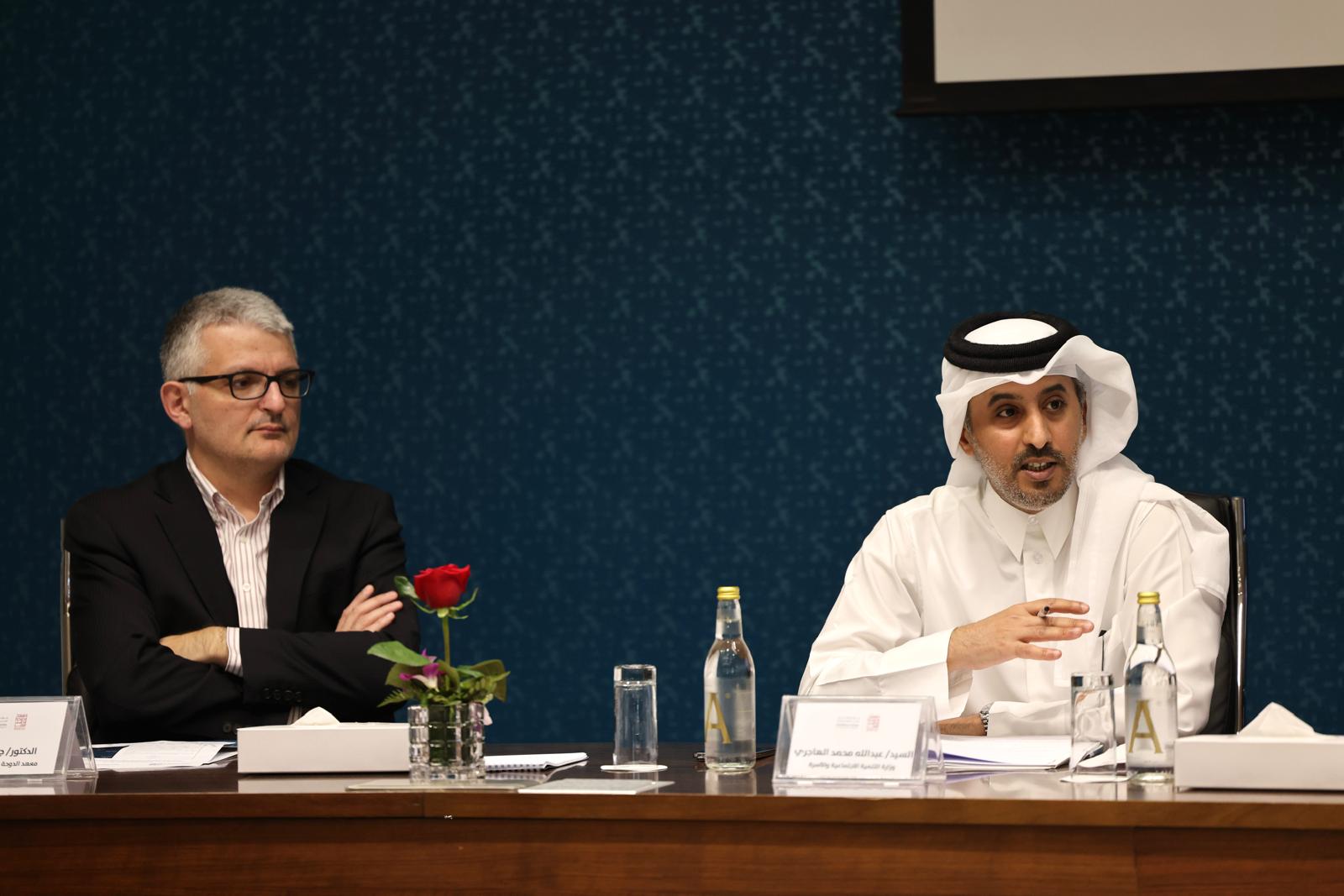
The Ministry of Social Development and Family—represented by the Private Associations and Institutions Department—in collaboration with the Excellence Center for Training and Consulting at the Doha Institute for Graduate Studies, organized a specialized panel discussion titled "Private Associations and Institutions in Qatar: Reality and Aspirations in Light of Qatar National Vision 2030."
Read more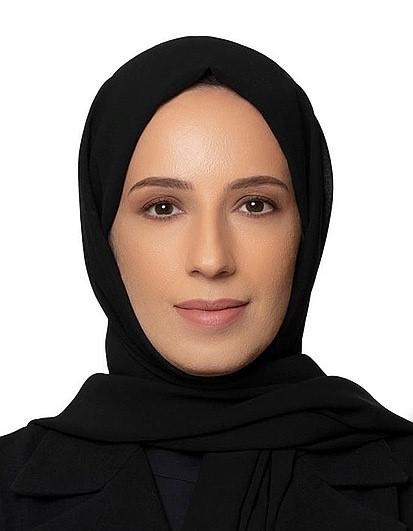
HE Minister of Social Development and Family, Buthaina bint Ali Al Jabr Al Nuaimi, participated in the 45th session of the Arab women committee, chaired by the State of Qatar, held on Feb. 10–11, 2026, which was held virtually, with the participation of Their Excellencies ministers from Arab countries, as well as representatives of the General Secretariat of the League of Arab States and relevant organizations.
Read more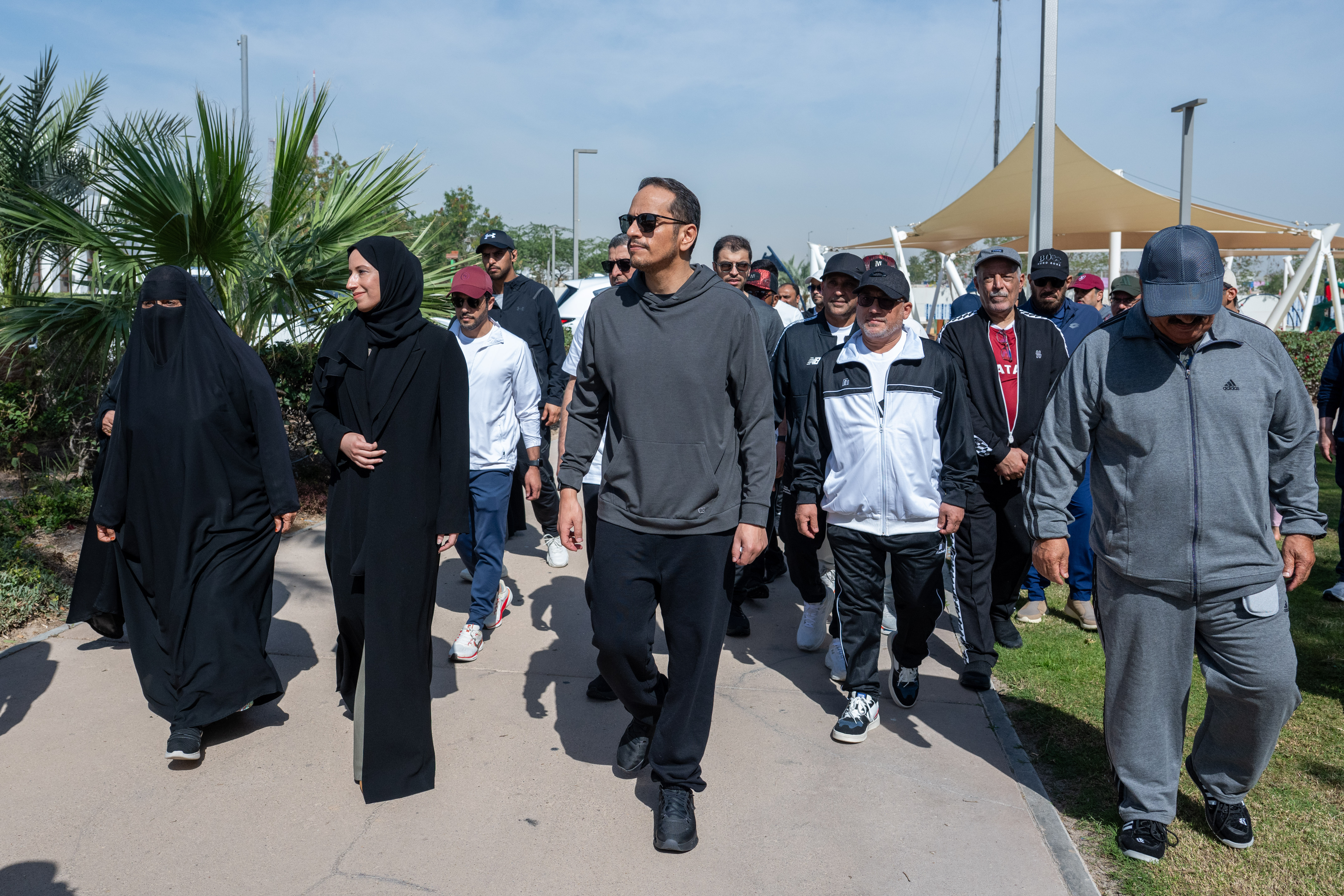
His Excellency Sheikh Mohammed bin Abdulrahman bin Jassim Al Thani, Prime Minister and Minister of Foreign Affairs, attended the 2026 National Sport Day activities organized by the Ministry of Social Development and Family (MSDF), the Qatar Foundation for Social Work (QFSW), and its affiliated centers at Al Bidda Park.
Read more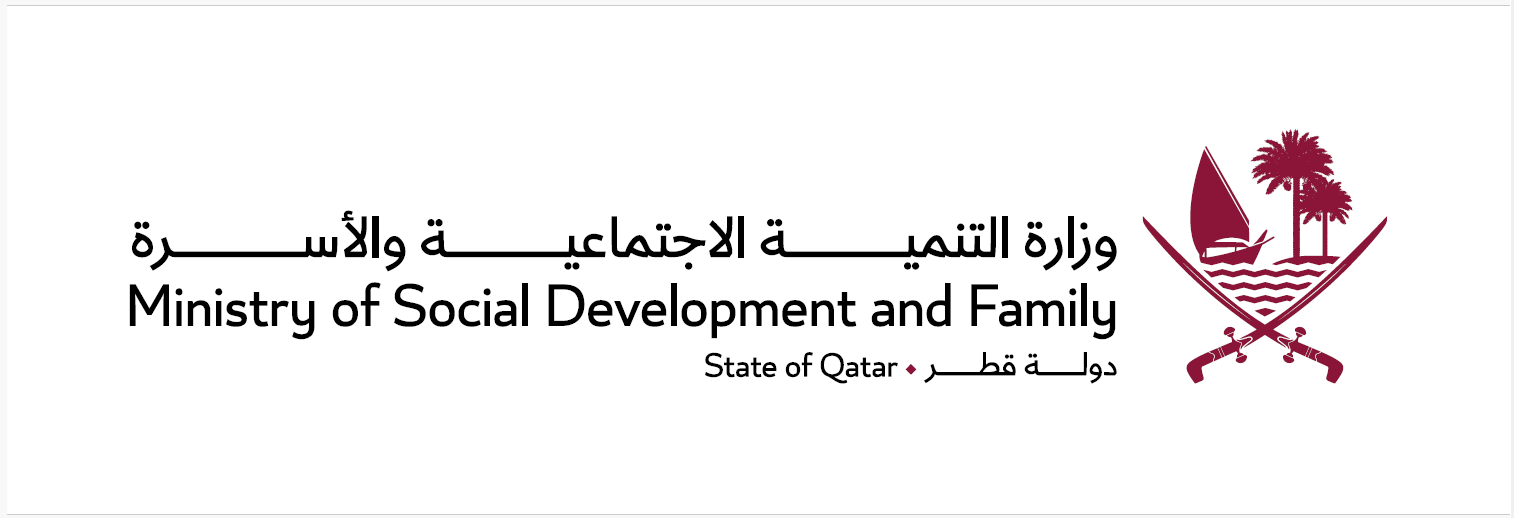
The Ministry of Social Development and Family, represented by the Family Protection Section of the Social Protection Department, is set to launch the "Gharsa Program" in collaboration with the Department of Da'wah and Religious Guidance at the Ministry of Endowments and Islamic Affairs. The inaugural event will take place on Sunday, February 8, 2026, at the Women’s Activity Building of the Department of Da'wah, from 4:00 PM to 6:00 PM.
Read more